

| Company : Oceania Cruises |
| Ship : Insignia |
| Journey Start : կիր 14 փտվ 2027 |
| Journey End : ուր 19 մրտ 2027 |
| Count Nights : 33 nights |
| Day | Date | Port | Arrival | Departure |
|---|---|---|---|---|
| 1 | 14.02 կիր | ՍԱՆՏԻԱԳՈ ԴԵ ՉԻԼԻ | 07:00 | 17:00 |
| 2 | 15.02 երկ | Օր ծովում / Sea | ||
| 3 | 16.02 երք | Պուերտո Մոնտ / Chile | 09:00 | 19:00 |
| 4 | 17.02 չրք | Միկոնոս / Greece | 07:00 | 16:00 |
| 5 | 18.02 հնգ | Պուերտո Չակաբուկո / Chile | 09:00 | 18:00 |
| 6 | 19.02 ուր | ՍԱՆ ՌԱՖԱՅԵԼ ԼԻԳՈՒՆ | 07:00 | 19:00 |
| 7 | 20.02 շբթ | Օր ծովում / Sea | ||
| 8 | 21.02 կիր | Օր ծովում / Sea | ||
| 9 | 22.02 երկ | Պունտա Արենաս / Chile | 07:00 | |
| 10 | 23.02 երք | Պունտա Արենաս / Chile | 13:00 | |
| 11 | 24.02 չրք | Ուշուայա / Argentina | 08:00 | 18:00 |
| 12 | 25.02 հնգ | Օր ծովում / Sea | ||
| 13 | 26.02 ուր | Օր ծովում / Sea | ||
| 14 | 27.02 շբթ | Օր ծովում / Sea | ||
| 15 | 28.02 կիր | Օր ծովում / Sea | ||
| 16 | 1.03 երկ | Օր ծովում / Sea | ||
| 17 | 2.03 երք | Պորտ Սթենլի, Ֆոլքլենդյան կղզիներ / Falkland islands | 07:00 | 16:00 |
| 18 | 3.03 չրք | Օր ծովում / Sea | ||
| 19 | 4.03 հնգ | Պուերտո Մադրին / Argentina | 08:00 | 18:00 |
| 20 | 5.03 ուր | Օր ծովում / Sea | ||
| 21 | 6.03 շբթ | Օր ծովում / Sea | ||
| 22 | 7.03 կիր | Բուենոս Այրես / Argentina | 06:00 | 18:00 |
| 23 | 8.03 երկ | Մոնտեվիդեո / Uruguay | 08:00 | 20:00 |
| 24 | 9.03 երք | Պունտա դել Էստե / Uruguay | 07:00 | 16:00 |
| 25 | 10.03 չրք | Rio Grande - Rio Grande do Sul / Brazil | 11:00 | 20:00 |
| 26 | 11.03 հնգ | Օր ծովում / Sea | ||
| 27 | 12.03 ուր | Ֆլորիանոպոլիս / Brazil | 07:00 | 19:00 |
| 28 | 13.03 շբթ | Իտաժաի / Brazil | 07:00 | 17:00 |
| 29 | 14.03 կիր | Սանտոս / Brazil | 09:00 | 18:00 |
| 30 | 15.03 երկ | Պարատի / Brazil | 08:00 | 18:00 |
| 31 | 16.03 երք | Իլյա Գրանդե / Brazil | 08:00 | 18:00 |
| 32 | 17.03 չրք | Արմասաու դուս Բուզիուս / Brazil | 08:00 | 18:00 |
| 33 | 18.03 հնգ | Ռիո դե Ժանեյրո / Brazil | 08:00 | |
| 34 | 19.03 ուր | Ռիո դե Ժանեյրո / Brazil | 16:00 |
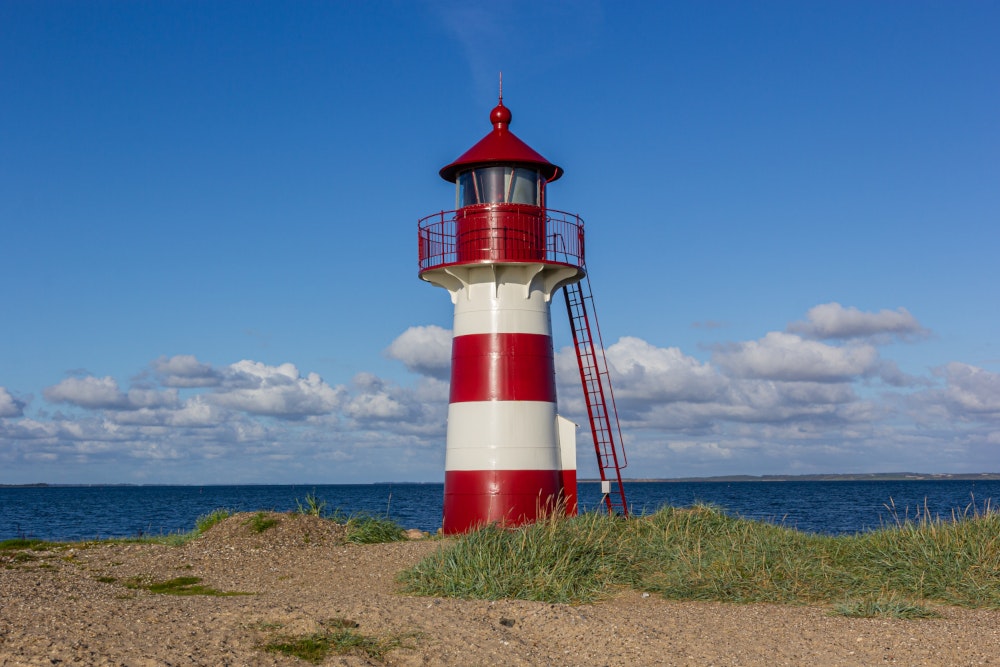
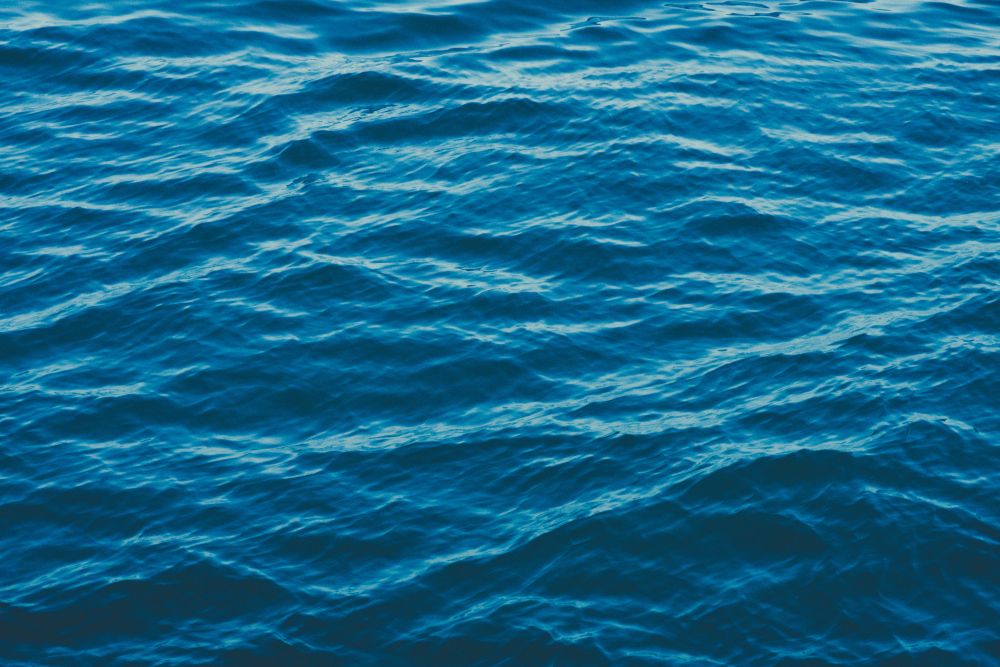
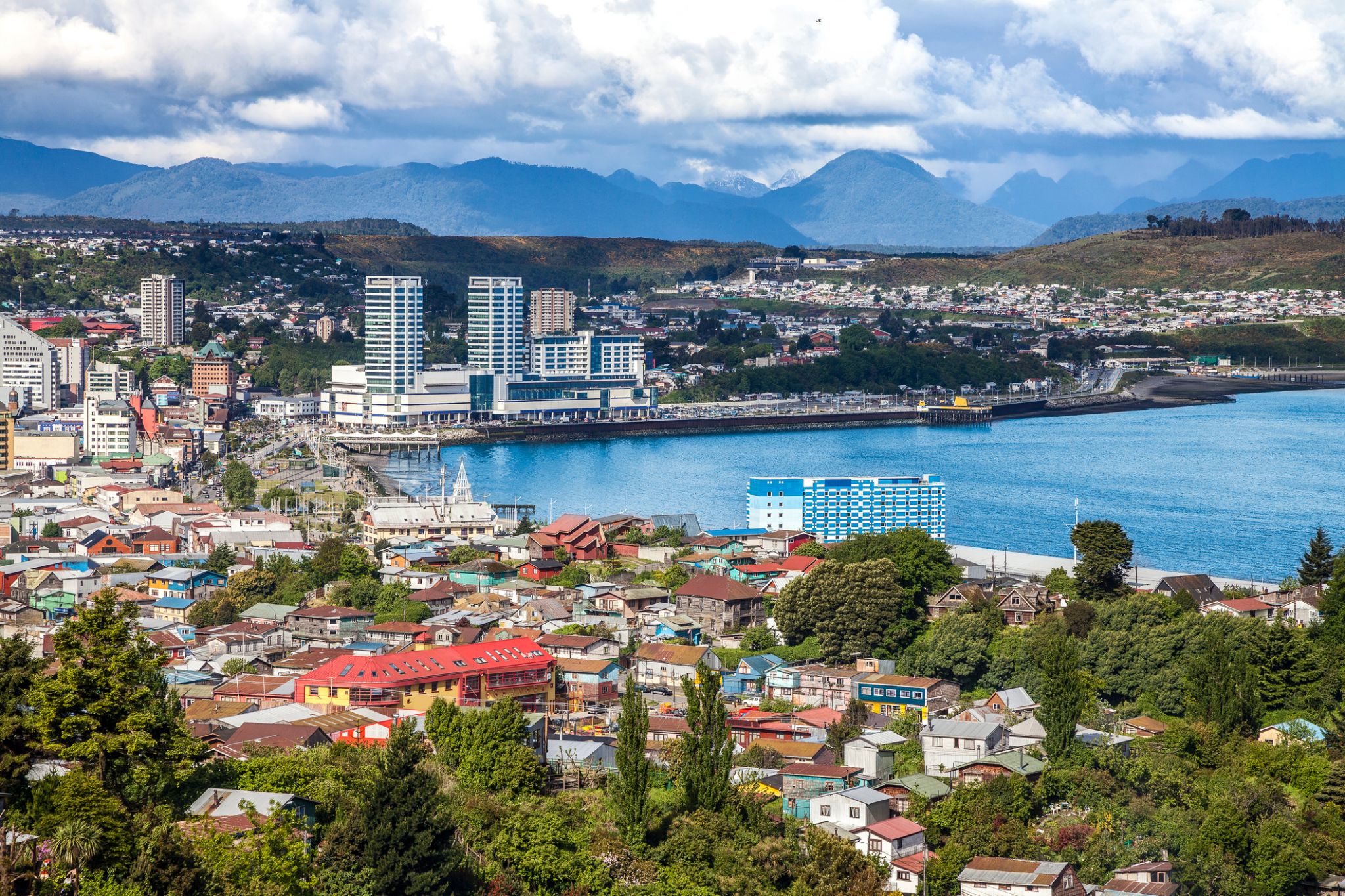
Puerto Montt is a port city and commune in southern Chile, located at the northern end of the Reloncaví Sound in the Llanquihue Province, Los Lagos Region, 1,055 km to the south of the capital, Santiago. The commune spans an area of 1,673 km2 (646 sq mi) and has a population of 245,902 in 2017. It is bounded by the communes of Puerto Varas to the north, Cochamó to the east and southeast, Calbuco to the southwest and Maullín and Los Muermos to the west.
Founded as late as 1853 during the German colonization of southern Chile, Puerto Montt soon outgrew older neighboring cities due to its strategic position at the southern end of the Chilean Central Valley being a gateway city into Chiloé Archipelago, Llanquihue and Nahuel Huapi lakes and Western Patagonia.
Puerto Montt has gained renown and grown significantly due to the rise of Chile as the second largest salmon producer of the world during the 1990s and 2000s. However, the Chilean salmon aquaculture crisis of the late 2000s resulted at least temporarily in severe unemployment and exposed weaknesses in the local economy. The city's cultural heritage mixes elements of Chiloé culture with German heritage although the city has attracted a significant number of newcomers from all over Chile in the last 30 years due to employment opportunities.
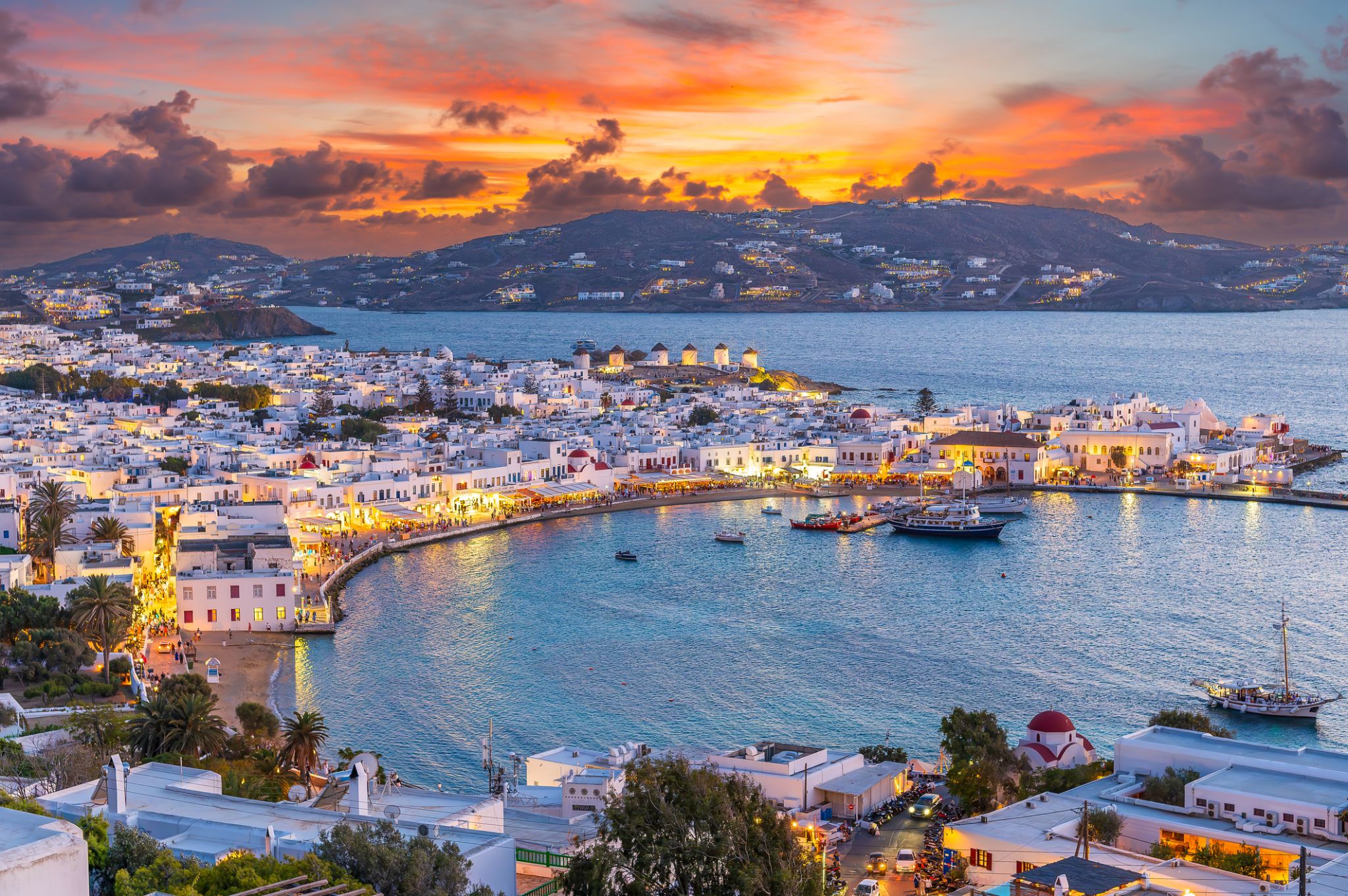
Mykonos is a Greek island, part of the Cyclades, lying between Tinos, Syros, Paros and Naxos. The island spans an area of 85.5 square kilometres (33.0 sq mi) and rises to an elevation of 341 metres (1,119 feet) at its highest point. There are 10,134 inhabitants (2011 census), most of whom live in the largest town, Mykonos, which lies on the west coast. The town is also known as Chora (i.e. the Town in Greek, following the common practice in Greece when the name of the island itself is the same as the name of the principal town).
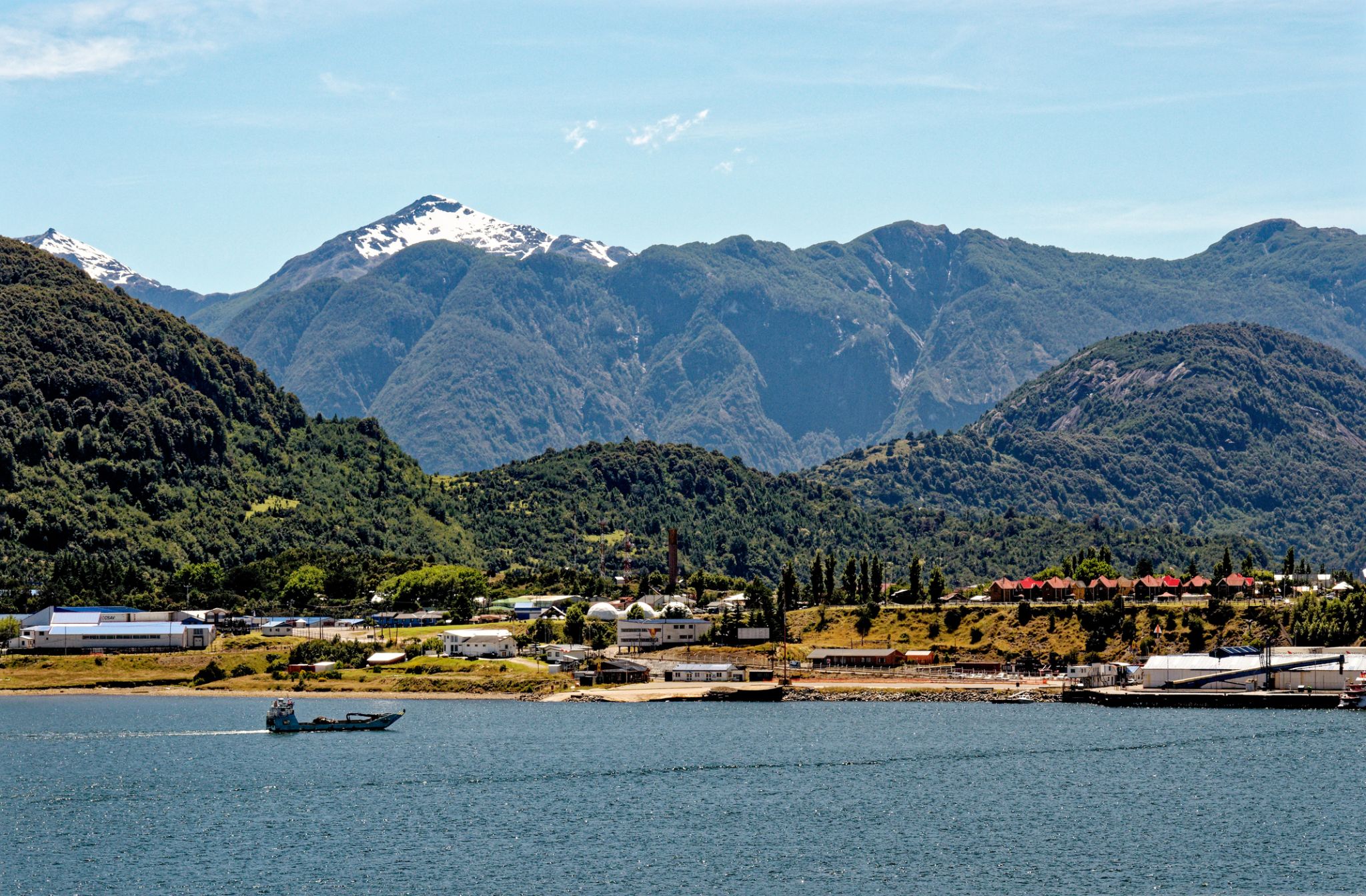



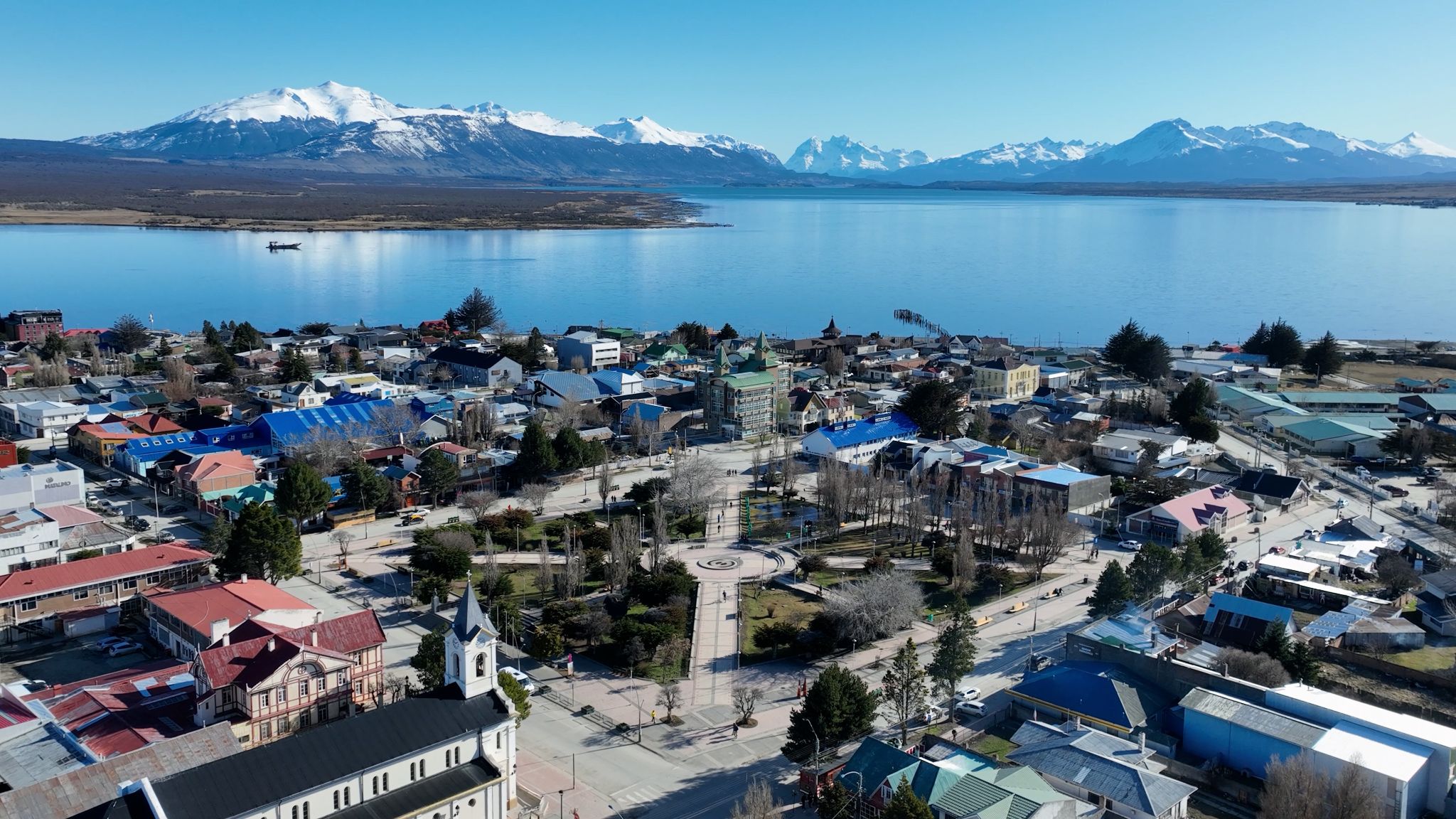

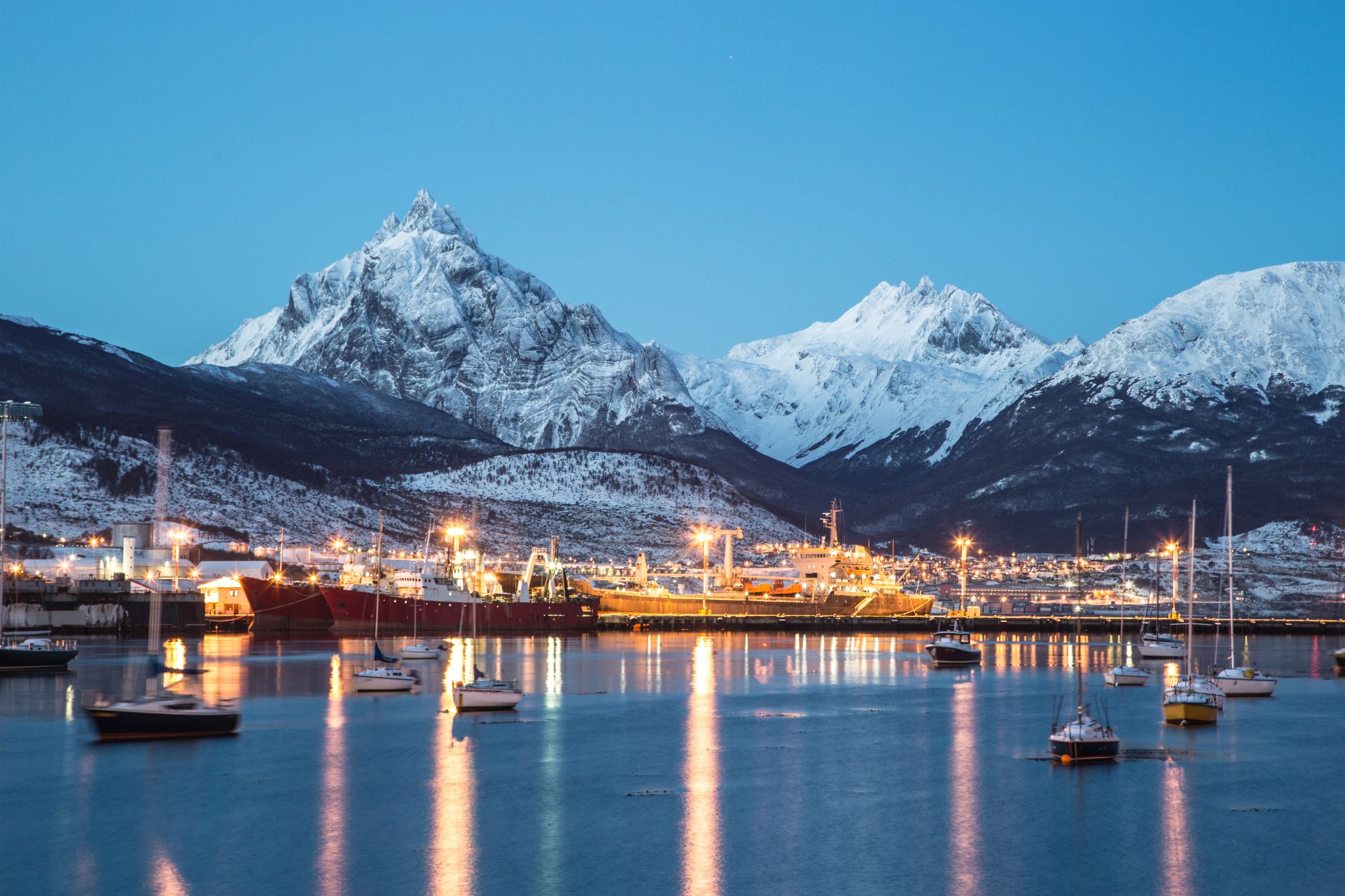
Ushuaia is the capital of Tierra del Fuego, Antártida e Islas del Atlántico Sur Province, Argentina. It is commonly regarded as the southernmost city in the world. Ushuaia is located in a wide bay on the southern coast of Isla Grande de Tierra del Fuego, bounded on the north by the Martial mountain range, and on the south by the Beagle Channel. It is the only municipality in the Department of Ushuaia, which has an area of 9,390 km2 (3,625 sq mi). It was founded October 12 of 1884 by Augusto Lasserreand is located on the shores of the Beagle Channel surrounded by the mountain range of the Martial Glacier, in the Bay of Ushuaia. Besides being an administrative center, it is a light industrial port and tourist hub.





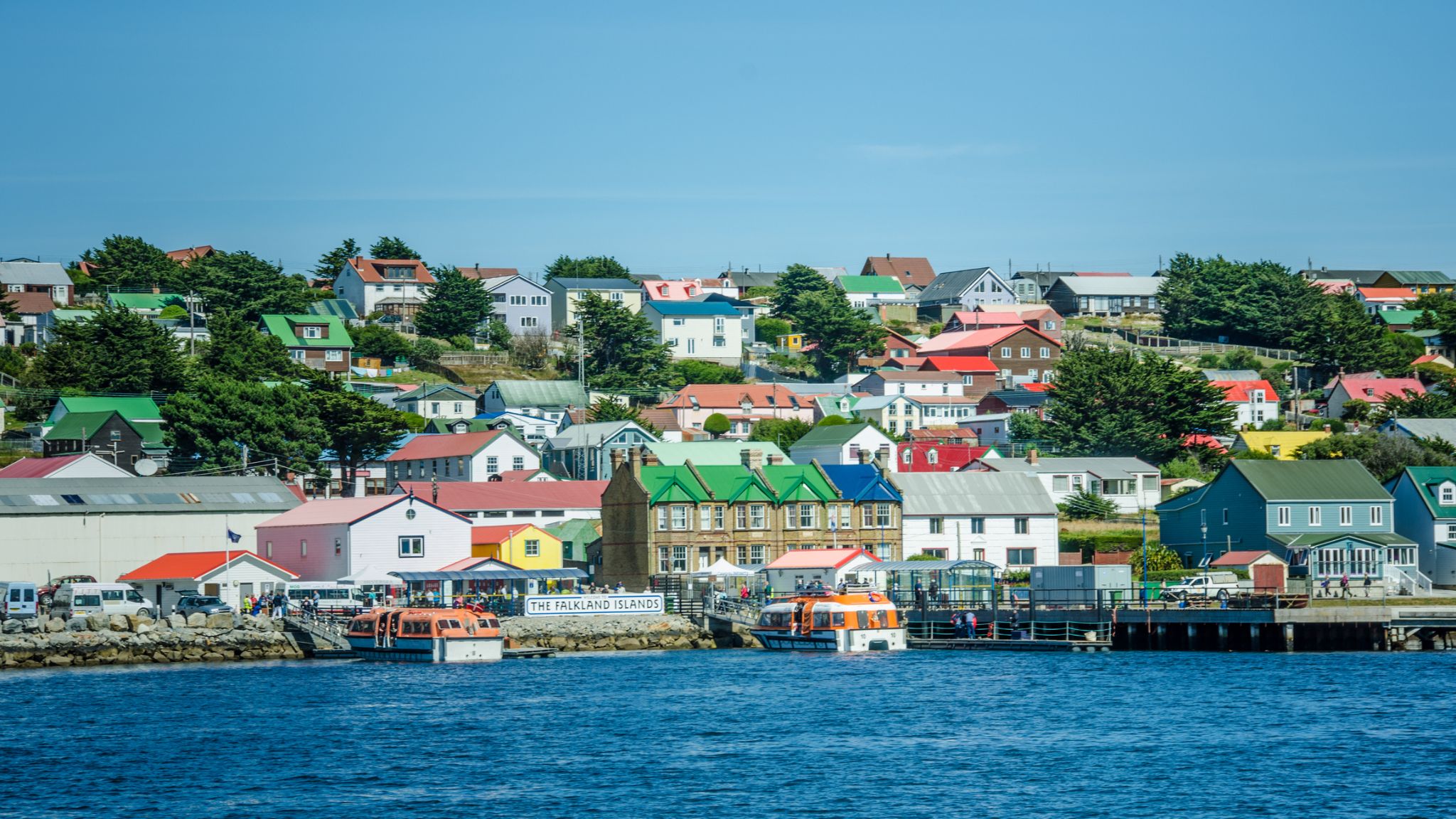
Stanley is the capital of the Falkland Islands. It is located on the island of East Falkland, on a north-facing slope in one of the wettest parts of the islands. At the 2016 census, the town had a population of 2,460 the entire population of the Falkland Islands was 3,398 on Census Day on 9 October 2016
Stanley is represented by five members of the Legislative Assembly of the Falkland Islands, currently Stacy Bragger, Barry Elsby, Mark Pollard, Roger Spink and Leona Vidal Roberts.
Stanley is the main shopping centre on the islands and the hub of East Falkland's road network. Attractions include the Falkland Islands Museum, Government House – built in 1845 and home to the Governor of the Falkland Islands – and a golf course, as well as a whale-bone arch, a totem pole, several war memorials and the shipwrecks in its harbour. The Falkland Islands Company owns several shops. Stanley has four pubs, 11 hotels and guesthouses, three restaurants, a fish and chip shop and the main tourist office. There are three churches, including the Anglican Christ Church Cathedral, the southernmost Anglican cathedral in the world, and the Roman Catholic St. Mary's Church. A bomb disposal unit in the town is a legacy of the Falklands War.
The town hall serves as a post office, philatelic bureau, law court and dance hall. The police station also contains the islands' only prison, with a capacity of 13 in the cells.
The community centre includes a swimming pool (the only public one in the islands), a sports centre, library, and school. A grass football pitch is located by the community centre and hosts regular games.
Stanley Racecourse, located on the west side of Stanley, holds a two-day horse racing meeting every year on 26 and 27 December. The Christmas races have been held here for over 100 years.
Stanley Golf Course has an 18-hole course and a club house. It is also located to the west of Stanley.
King Edward VII Memorial Hospital is the islands' main hospital, with doctors' practice and surgery, radiology department, dental surgery and emergency facilities.
Several bus and taxi companies operate out of Stanley.
Stanley is also home to the Falkland Islands Radio Station (FIRS), the Stanley office of the British Antarctic Survey, and the office of the weekly Penguin News newspaper.
A nursery and garden centre is also here, in whose greenhouses some of the islands' vegetables are grown.




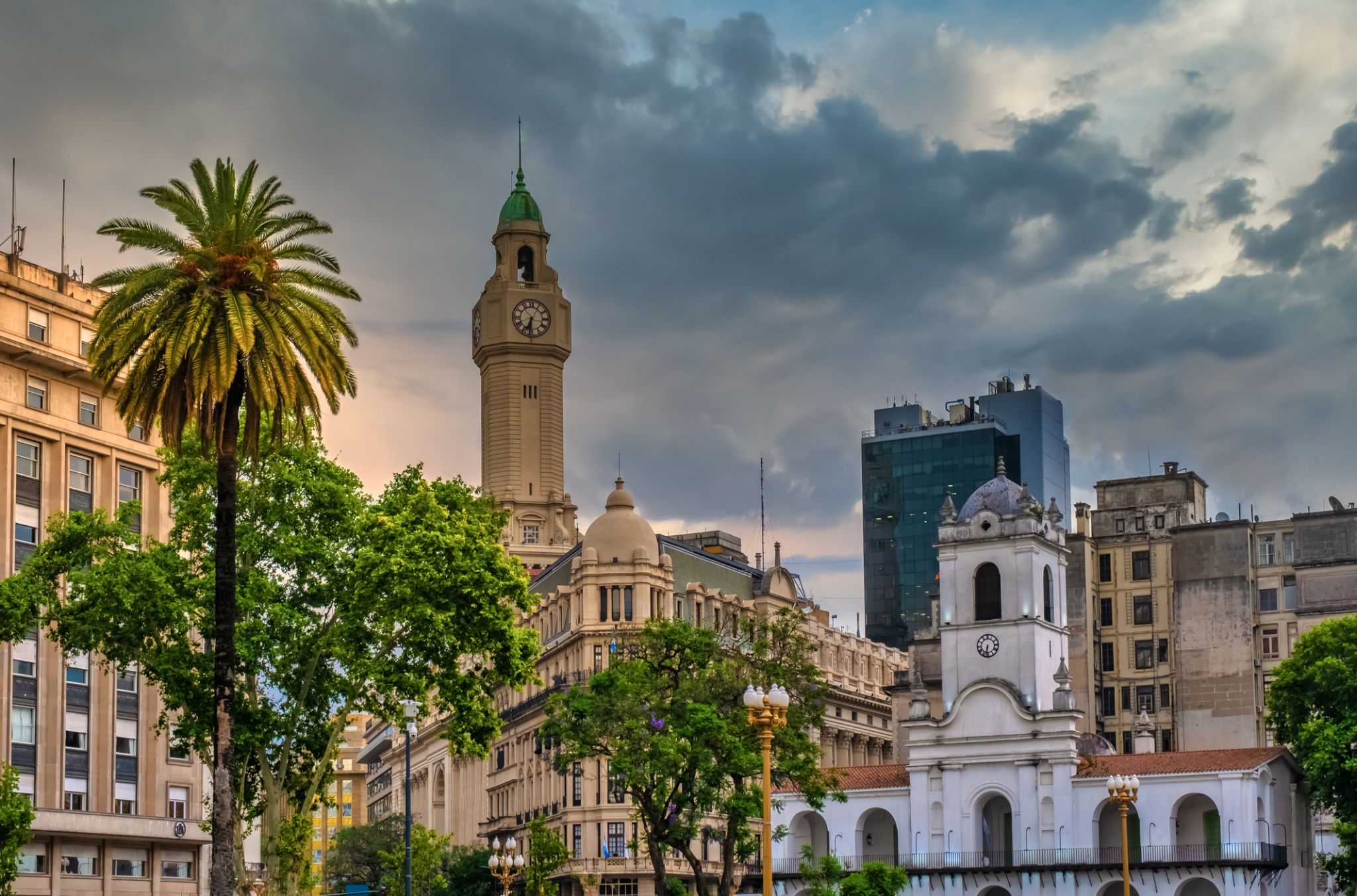
the capital city and chief port of Argentina, in the eastern central part of the country, on the Plata River; population 3,042,600 (est. 2008).
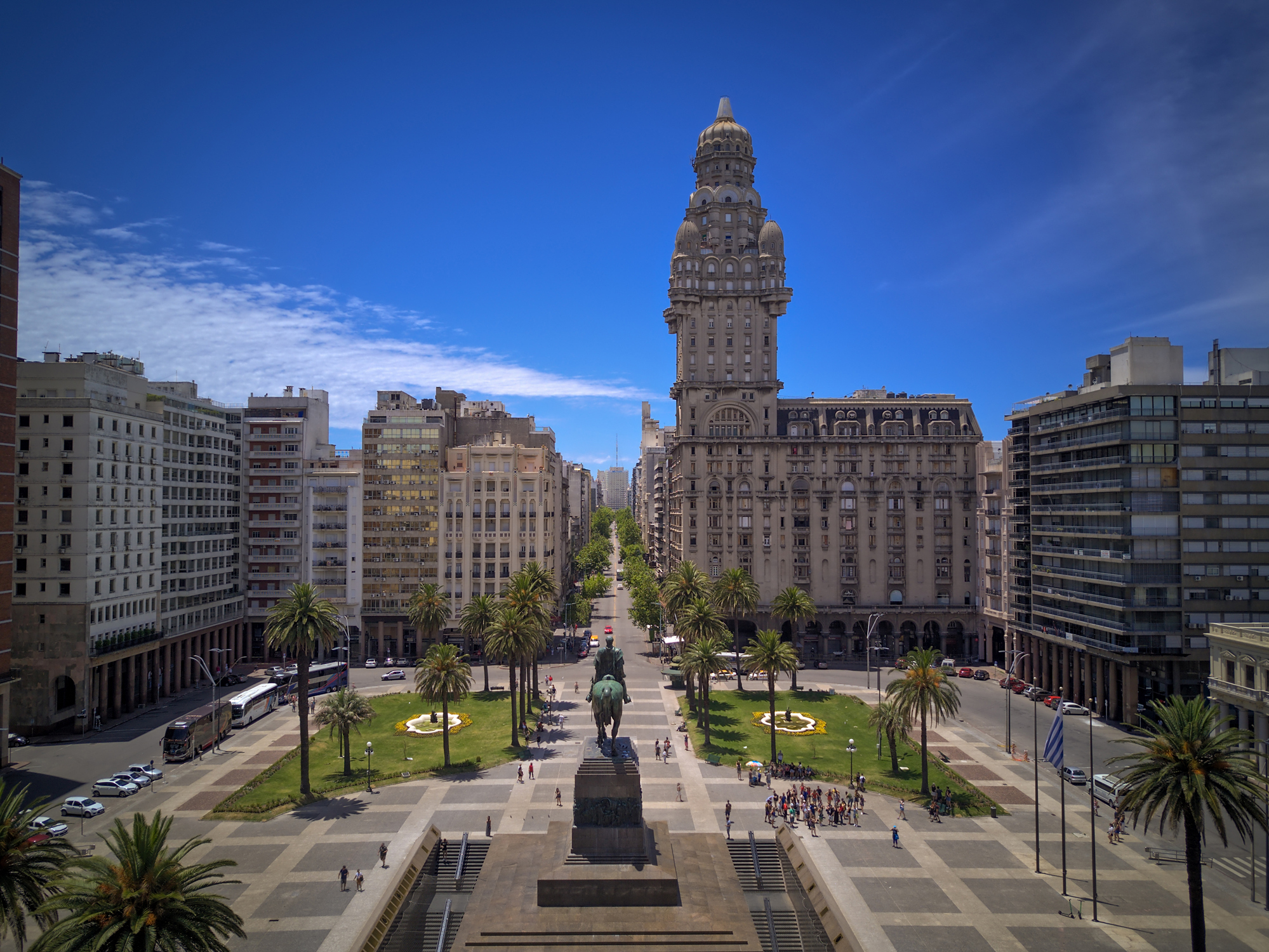
Montevideo is the capital and largest city of Uruguay. According to the 2011 census, the city proper has a population of 1,319,108 (about one-third of the country's total population) in an area of 201 square kilometres (78 sq mi). The southernmost capital city in the Americas, Montevideo is situated on the southern coast of the country, on the northeastern bank of the Río de la Plata.
The city was established in 1724 by a Spanish soldier, Bruno Mauricio de Zabala, as a strategic move amidst the Spanish-Portuguese dispute over the platine region. It was also under brief British rule in 1807. Montevideo is the seat of the administrative headquarters of Mercosur and ALADI, Latin America’s leading trade blocs, a position that entailed comparisons to the role of Brussels in Europe.
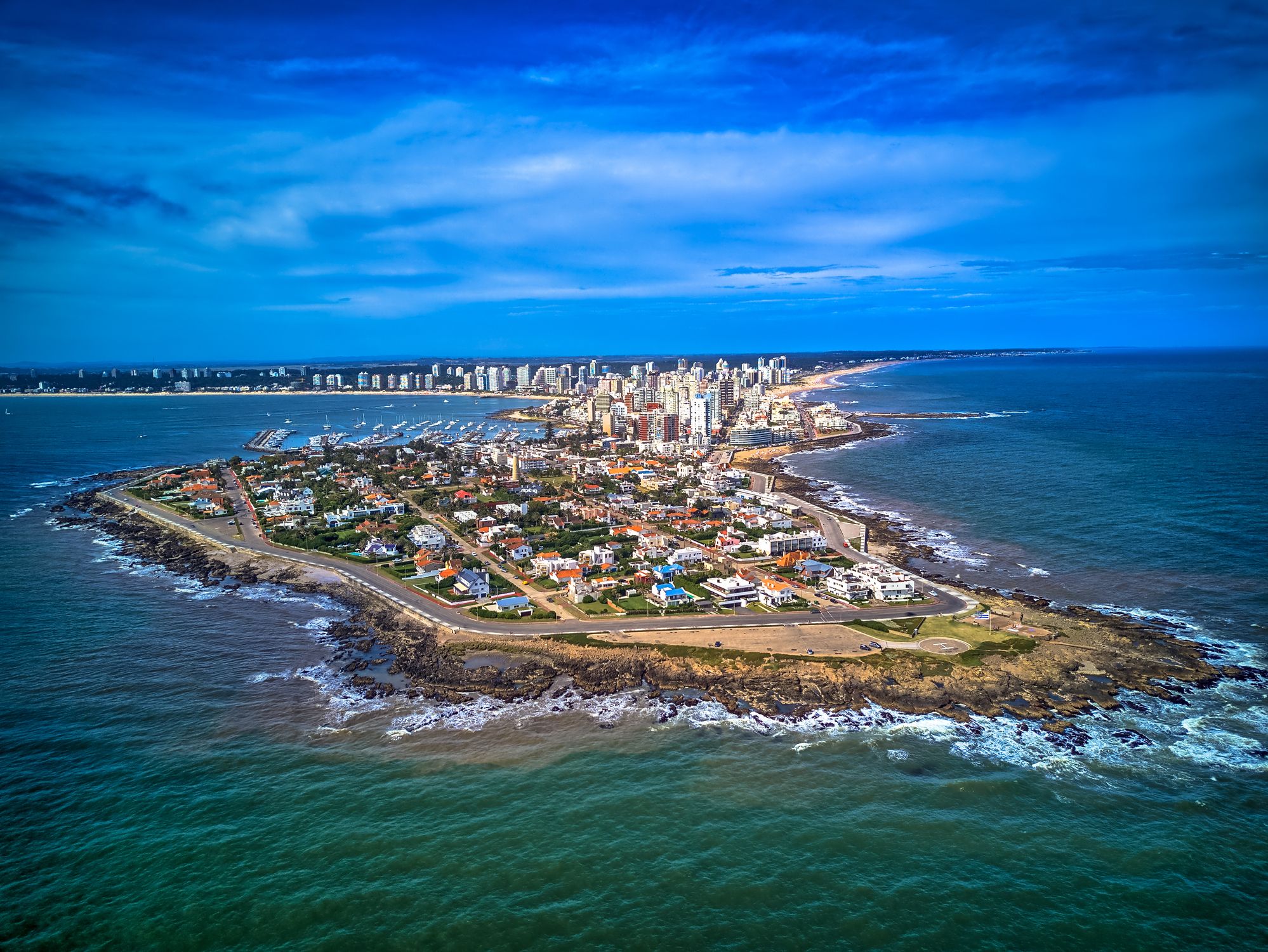
Պունտա դել Էստե — Ուրուգվայի ծովափնյա առողջարան Ատլանտիկի ափին
Պունտա դել Էստեն Հարավային Ամերիկայի ամենահայտնի առողջարաններից է, որը գտնվում է Ուրուգվայի հարավային ափին՝ այն տեղում, որտեղ Ատլանտյան օվկիանոսը միանում է Լա Պլատա էստուարի հետ։ Այս քաղաքը հայտնի է իր հակադրություններով. մեկ կողմից՝ շքեղ թաղամասեր, ժամանակակից երկնաքերեր, նավահանգիստներ և բարձրակարգ ռեստորաններ, իսկ մյուս կողմից՝ հանգիստ ավազոտ լողափեր, գեղատեսիլ ավազաթմբեր և ալիքներ, որոնք իդեալական են սերֆինգի համար։ Այն հաճախ անվանում են «Հարավային Ամերիկայի Մոնակո»՝ իր շքեղ ենթակառուցվածքների և համաշխարհային ճանաչում ունեցող հյուրերի շնորհիվ։
Բացի լողափերից՝ քաղաքը առաջարկում է մշակութային և բնական տեսարժան վայրեր՝ "La Mano" քանդակը, որը դարձել է քաղաքի խորհրդանիշը, Ralli ժամանակակից արվեստի թանգարանը, ինչպես նաև ափամերձ կղզիները՝ ծովառյուծներով։ Արժե այցելել նաև Լա Բարրա թաղամասը իր բոհեմյան մթնոլորտով կամ վայելել մայրամուտը Փունտա դել Էստեի փարոսի մոտ։ Ամառային սեզոնին (դեկտեմբեր–փետրվար) քաղաքը դառնում է աշխույժ կենտրոն՝ գրավելով զբոսաշրջիկներին ամբողջ աշխարհից։



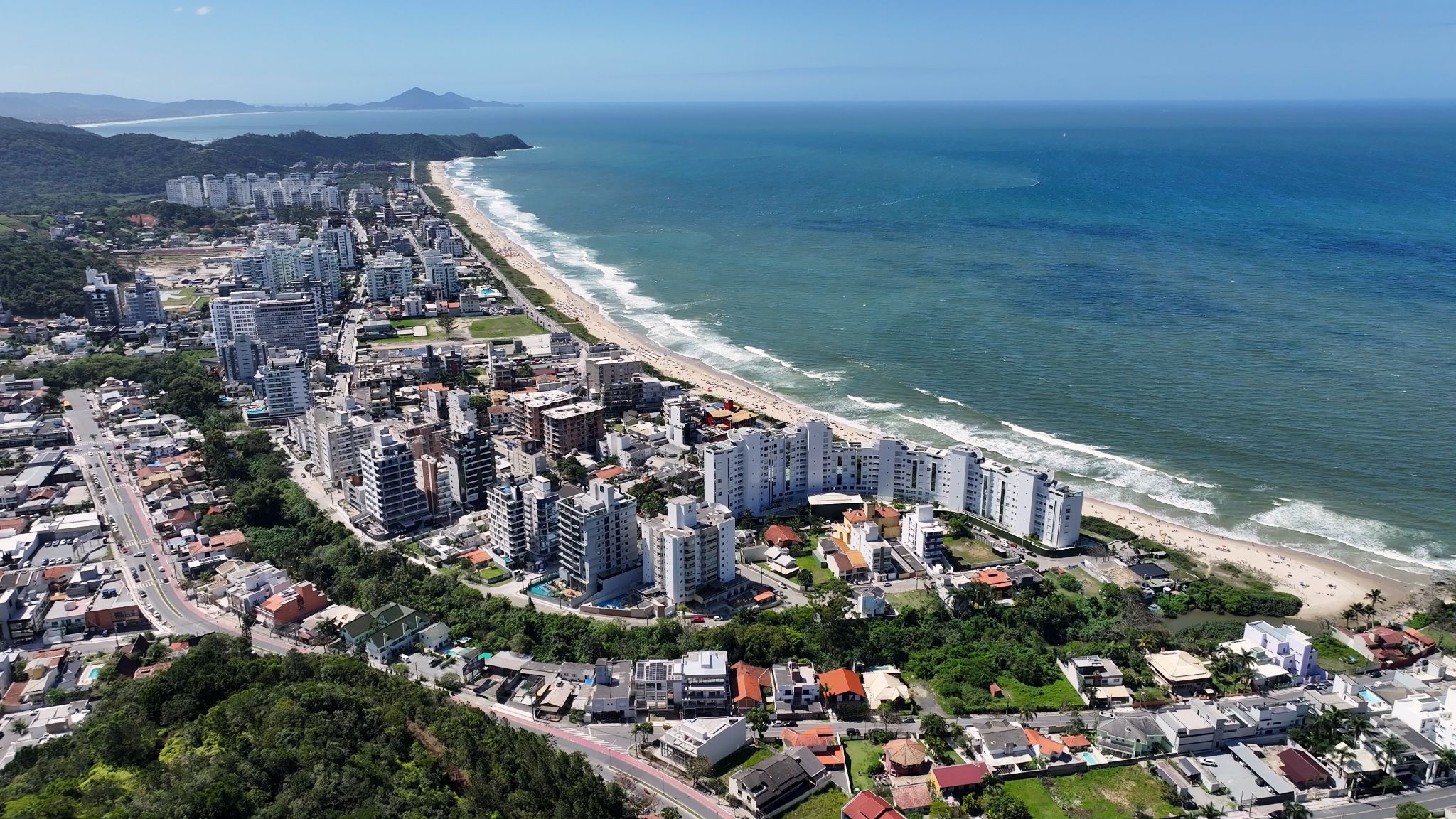
Իտաժաին Բրազիլիայի հարավում՝ Սանտա Կատարինա նահանգում գտնվող առափնյա քաղաք է, որը հայտնի է իր աշխույժ նավահանգստով և զարգացած ծովային ենթակառուցվածքներով։ Իտաժաիի նավահանգիստը համարվում է երկրի կարևորագույններից մեկը՝ մսի և գյուղատնտեսական արտադրանքի արտահանման ուղղությամբ։ Քաղաքը գրավում է ոչ միայն գործարար այցելուներին, այլև զբոսաշրջիկներին՝ իր մեջ համադրելով արդյունաբերական տեսարաններն ու բնական գեղեցկությունը։ Քայլելով ափամերձ գծով՝ կարելի է տեսնել հսկա բեռնանավեր Ատլանտյան օվկիանոսի ֆոնին և համտեսել թարմ ծովամթերք տեղական ռեստորաններում։
Չնայած իր տնտեսական նշանակությանը՝ Իտաժաին առաջարկում է հանգիստ լողափեր, կանաչ զբոսայգիներ և մշակութային միջոցառումներ։ Ամենահայտնի միջոցառումներից մեկը Festa do Mare-ն է՝ նավաստիների տոն, որն ուղեկցվում է շքերթներով, համերգներով և ձկնային ուտեստներով։ Քաղաքի մոտակայքում է գտնվում Balneário Camboriú հանգստավայրը՝ Բրազիլիայի ամենահայտնի լողափային ուղղություններից մեկը։ Իտաժաին միավորում է ծովը, մշակույթը և հարավային Բրազիլիայի դինամիկ կյանքը՝ դարձնելով այն իդեալական վայր ինչպես կարճ կանգառի, այնպես էլ հանգիստ շրջայցերի համար։
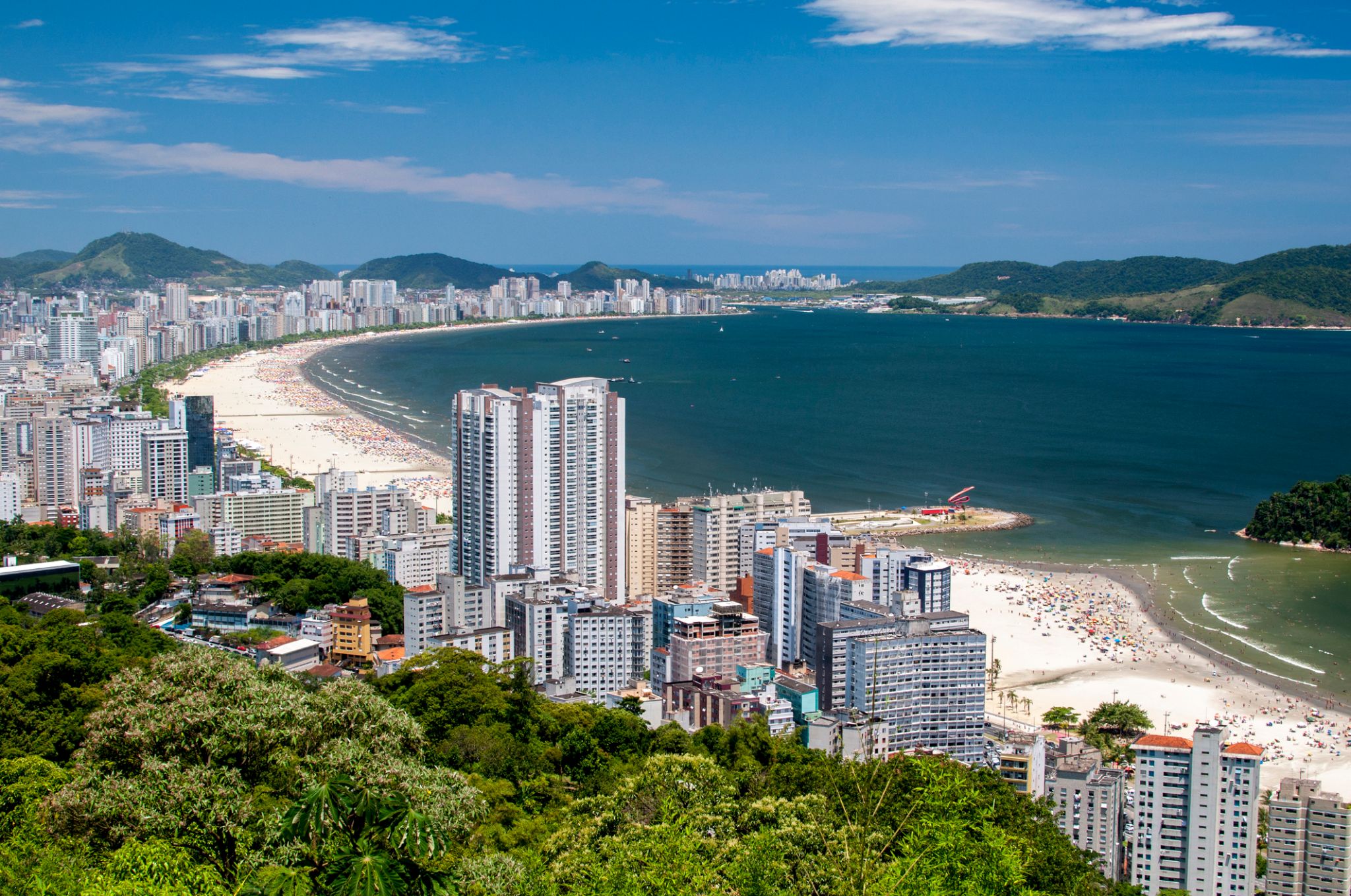
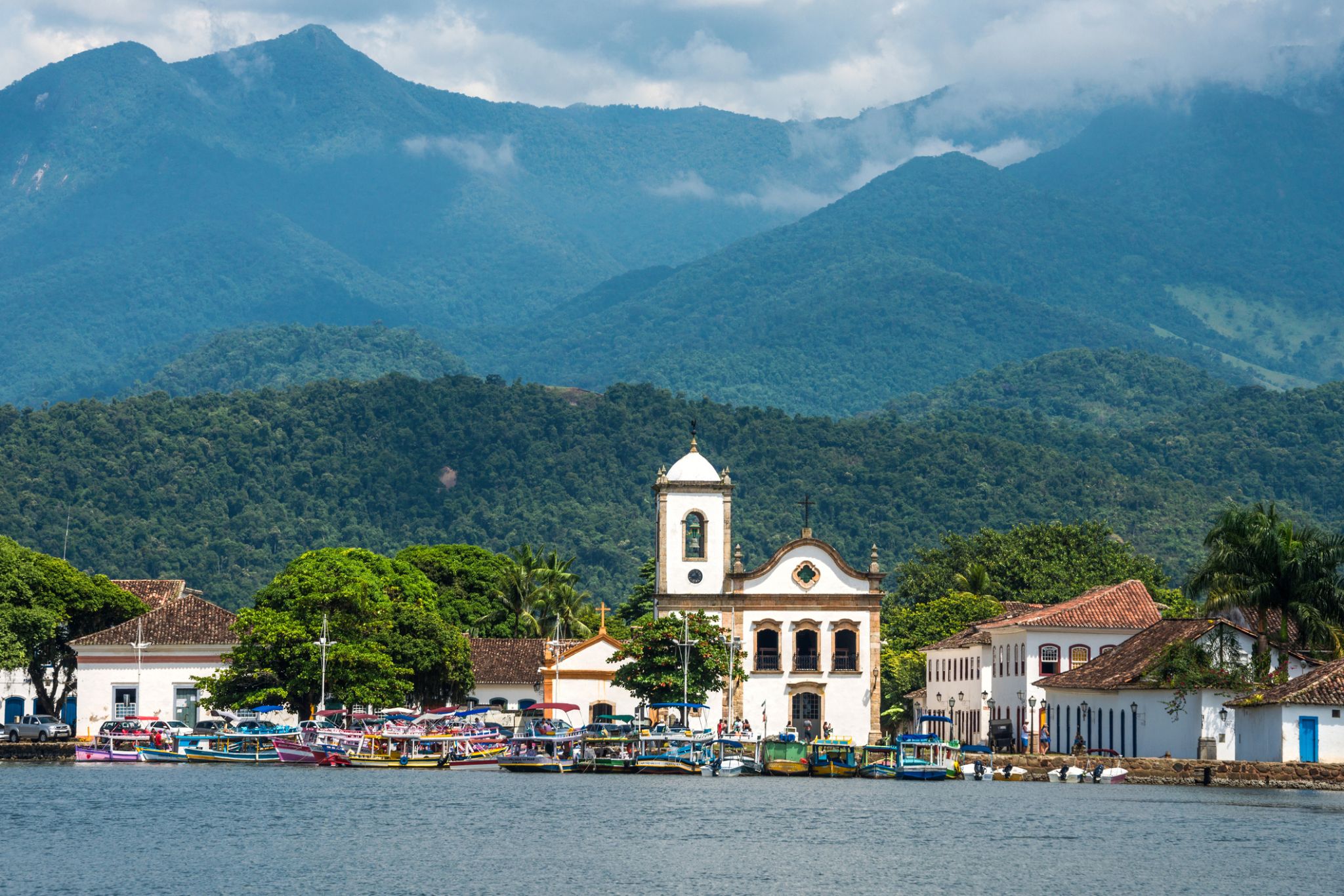

Բրազիլիայի ափամերձ սմարաղդյա ալիքների մեջ թաքնված է Ilha Grande կղզին, որն իր անխաթար բնությամբ ու իրական արկածախնդրության ոգով կախարդում է այցելուներին։ Ռիո դե Ժանեյրոյի նահանգում գտնվող այս կղզին երբևէ ծառայել է որպես բանտ և բորոտների գաղութ, իսկ այսօր այն դարձել է կատարյալ վայր քաղաքային աղմուկից փախչելու համար։ Այստեղ ավտոմեքենաներ չկան՝ փոխարենը՝ արահետներ, որոնք անցնում են ջունգլիներով՝ տանում դեպի սպիտակ ավազով լողափեր, բյուրեղյա պարզություն ունեցող ծովալճակներ և անտառի խորքերում թաքնված ջրվեժներ։
Ուղևորները կարող են բացահայտել ավելի քան 100 լողափ՝ ներառյալ աշխարհում ամենագեղեցիկներից մեկը համարվող Լոպես Մենդեսը։ Նավակներով շրջագայությունները դեպի լքված բանտեր, ջրասուզակություն՝ նավաբեկության վայրերում և արշավները Ատլանտյան անտառով առաջարկում են բազմաթիվ արկածներ։ Ilha Grande-ը պարզապես հանգստի վայր չէ, այլ կենդանի թանգարան՝ լի բնությամբ և պատմությամբ, որտեղ յուրաքանչյուր քայլը նոր բացահայտում է։

Արմասաու դուս Բուզիուսը, հաճախ պարզապես Բուզիուս անվամբ, հանգստյան քաղաք է և համայնք Բրազիլիայի Ռիո դե Ժանեյրո նահանգում։ 2012 թվականին բնակչությունը կազմել է 23,463 մարդ, իսկ տարածքը՝ 69 կմ²։ Այսօր Բուզիուսը հայտնի հանգստավայր է, հատկապես բրազիլացիների և արգենտինացիների շրջանում։
20-րդ դարի սկզբում Բուզիուսը գրեթե անհայտ ձկնորսական գյուղ էր։ Այսպես մնաց մինչև 1964 թվականը, երբ ֆրանսիացի դերասանուհի Բրիջիթ Բարդոն այցելեց Բուզիուս։ Այդ պահից սկսած, Բուզիուսը դարձավ Ռիո դե Ժանեյրոյի բարձր հասարակության սիրելի վայրը, ովքեր ցանկանում էին փախչել քաղաքի աղմուկից և վայելել թերակղզու առաջարկած ավելի քան 23 լողափերը։ Քաղաքը վերածվեց միջազգային զբոսաշրջային ուղղության։
Այսօր թերակղզին առաջարկում է հանգստություն, անմիջական կապ բնության հետ և գեղատեսիլ տեսարաններ։ Արևմտյան ափի լողափերը ունեն հանգիստ, պարզ ջրեր, մինչդեռ արևելյան ափի լողափերը, որոնք բաց են դեպի բաց ծովը, ավելի վայրի են և գրավում են սերֆինգի և ջրային սպորտերի սիրահարներին։ Քաղաքի ամենահայտնի լողափերից են Ազեդան, Ֆերրադուրան, Ժոաո Ֆերնանդեսը և Արմասաուն։ Երեկոյան Բուզիուսի գլխավոր փողոցը՝ Ռուա դաս Պեդրասը, առաջարկում է ակտիվ գիշերային կյանք և խանութների ու ռեստորանների լայն ընտրանի։
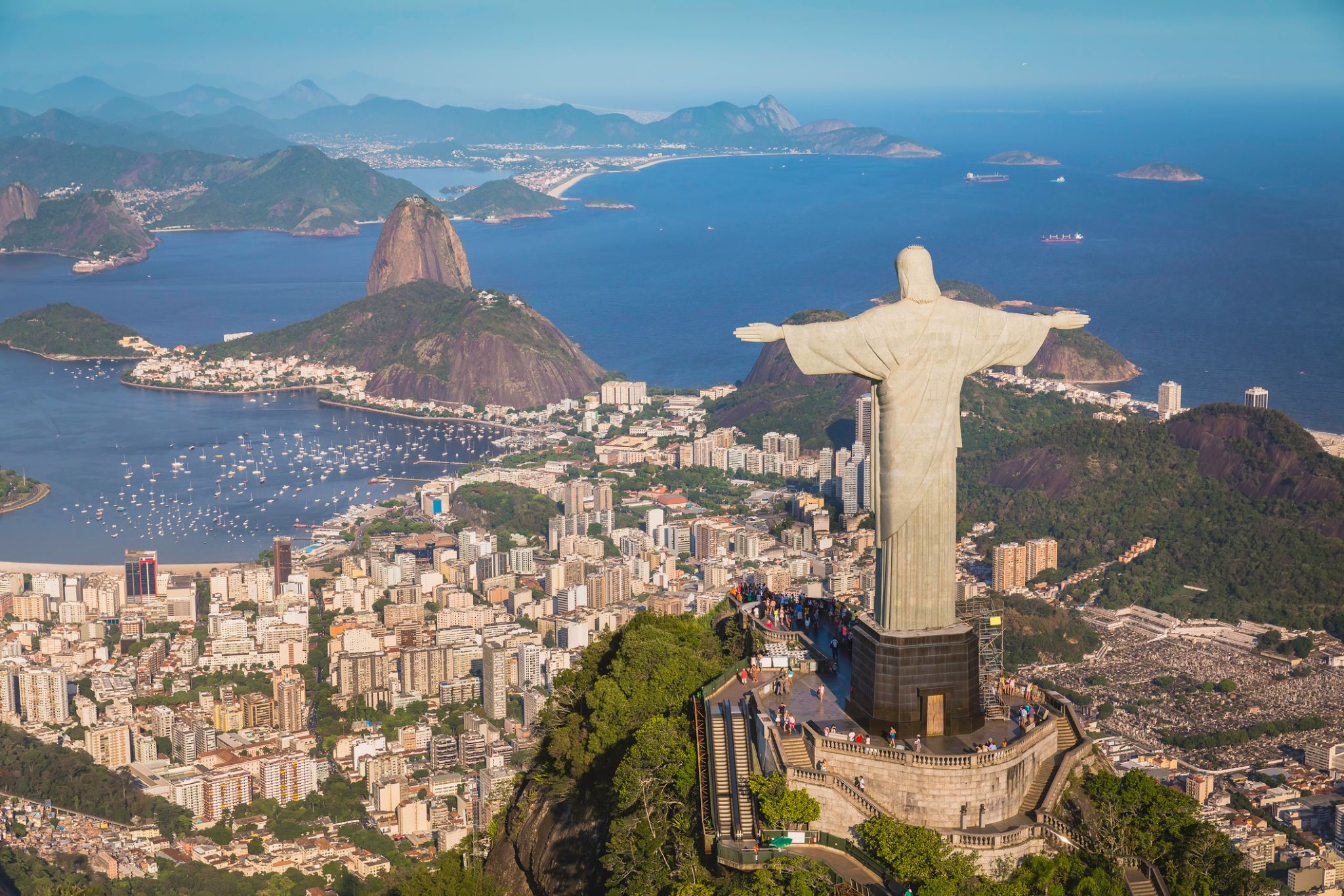
Rio de Janeiro is the second-most populous municipality in Brazil and the sixth-most populous in the Americas. The metropolis is anchor to the Rio de Janeiro metropolitan area, the second-most populous metropolitan area in Brazil and sixth-most populous in the Americas. Rio de Janeiro is the capital of the state of Rio de Janeiro, Brazil's third-most populous state. Part of the city has been designated as a World Heritage Site, named "Rio de Janeiro: CariocaLandscapes between the Mountain and the Sea", by UNESCO on 1 July 2012 as a Cultural Landscape.
Founded in 1565 by the Portuguese, the city was initially the seat of the Captaincy of Rio de Janeiro, a domain of the Portuguese Empire. Later, in 1763, it became the capital of the State of Brazil, a state of the Portuguese Empire. In 1808, when the Portuguese Royal Court transferred itself from Portugal to Brazil, Rio de Janeiro became the chosen seat of the court of Queen Maria I of Portugal, who subsequently, in 1815, under the leadership of her son, the Prince Regent, and future King João VI of Portugal, raised Brazil to the dignity of a kingdom, within the United Kingdom of Portugal, Brazil, and Algarves. Rio stayed the capital of the pluricontinental Lusitanian monarchy until 1822, when the War of Brazilian Independence began. This is one of the few instances in history that the capital of a colonising country officially shifted to a city in one of its colonies. Rio de Janeiro subsequently served as the capital of the independent monarchy, the Empire of Brazil, until 1889, and then the capital of a republican Brazil until 1960 when the capital was transferred to Brasília.

Rio de Janeiro is the second-most populous municipality in Brazil and the sixth-most populous in the Americas. The metropolis is anchor to the Rio de Janeiro metropolitan area, the second-most populous metropolitan area in Brazil and sixth-most populous in the Americas. Rio de Janeiro is the capital of the state of Rio de Janeiro, Brazil's third-most populous state. Part of the city has been designated as a World Heritage Site, named "Rio de Janeiro: CariocaLandscapes between the Mountain and the Sea", by UNESCO on 1 July 2012 as a Cultural Landscape.
Founded in 1565 by the Portuguese, the city was initially the seat of the Captaincy of Rio de Janeiro, a domain of the Portuguese Empire. Later, in 1763, it became the capital of the State of Brazil, a state of the Portuguese Empire. In 1808, when the Portuguese Royal Court transferred itself from Portugal to Brazil, Rio de Janeiro became the chosen seat of the court of Queen Maria I of Portugal, who subsequently, in 1815, under the leadership of her son, the Prince Regent, and future King João VI of Portugal, raised Brazil to the dignity of a kingdom, within the United Kingdom of Portugal, Brazil, and Algarves. Rio stayed the capital of the pluricontinental Lusitanian monarchy until 1822, when the War of Brazilian Independence began. This is one of the few instances in history that the capital of a colonising country officially shifted to a city in one of its colonies. Rio de Janeiro subsequently served as the capital of the independent monarchy, the Empire of Brazil, until 1889, and then the capital of a republican Brazil until 1960 when the capital was transferred to Brasília.